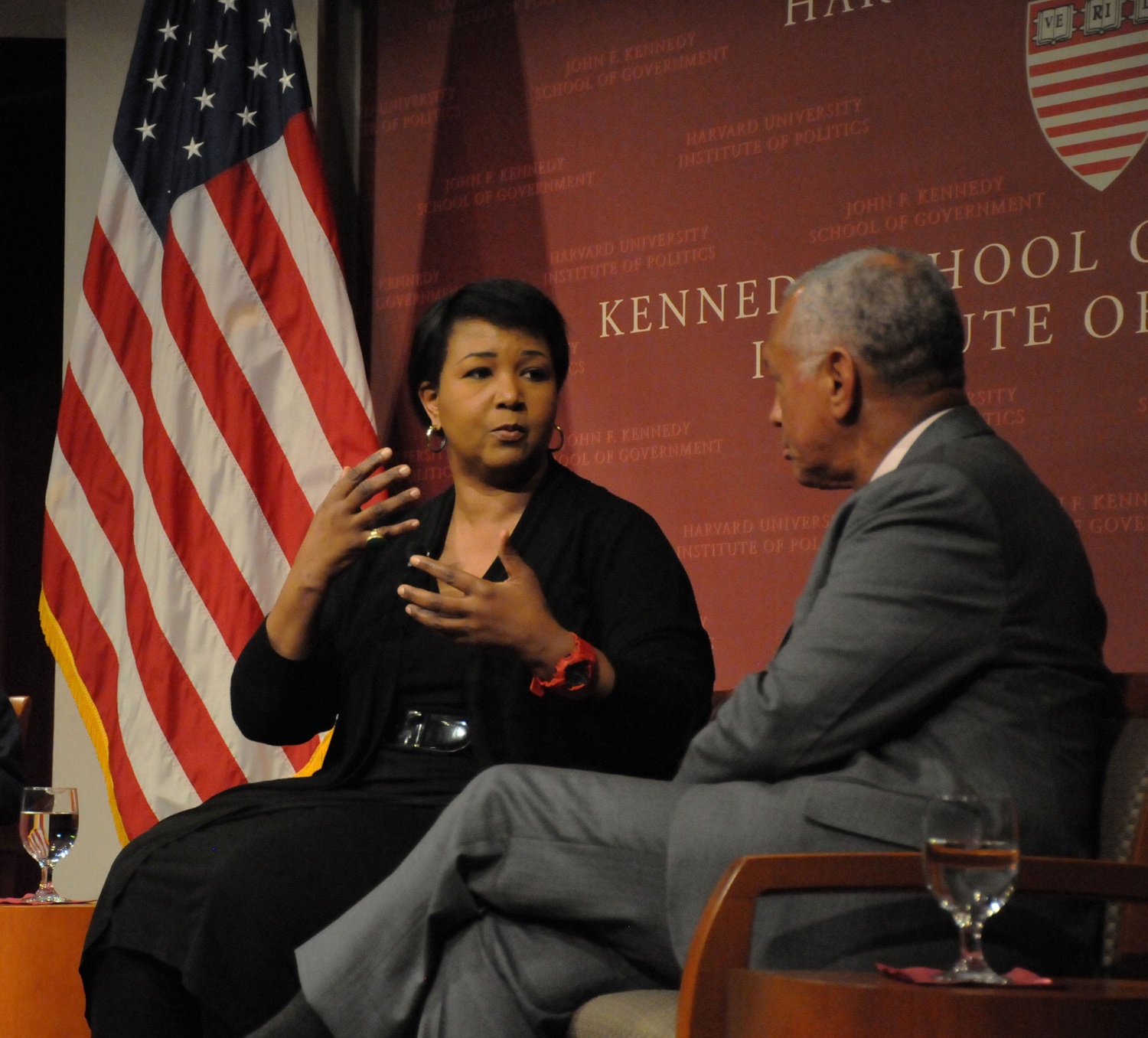
News
Summers Will Not Finish Semester of Teaching as Harvard Investigates Epstein Ties

News
Harvard College Students Report Favoring Divestment from Israel in HUA Survey

News
‘He Should Resign’: Harvard Undergrads Take Hard Line Against Summers Over Epstein Scandal

News
Harvard To Launch New Investigation Into Epstein’s Ties to Summers, Other University Affiliates

News
Harvard Students To Vote on Divestment From Israel in Inaugural HUA Election Survey
Astronauts Outline Roadmap for Exploration Beyond Moon

Given sufficient national will, political commitment, and adequate funding, humans could realistically be on Mars by 2030, said Charles F. Bolden, Jr., administrator of the National Aeronautics and Space Administration, at the Kennedy School of Government on Tuesday.
In contrast to the Apollo program, Bolden said, it will likely be a hybrid of commercial and public space, coupled with significant international collaboration and contribution, that will get us to the Mars. And once we get there, the possibilities of discovery and exploration could be extraordinarily transformative, he added.
“If we go to Mars and we are able to go to where the ice floes are and we find one living microbe in that ice floe, we have fundamentally changed everything that we know about life itself and about this universe—that’s what we’re chipping away at,” Bolden said. “Is it tiring? Yeah, it’s fatiguing sometimes. But it’s something that I think is so important to the future of humanity that we just have to stick in.”
Bolden’s remarks came as part of a panel discussion about space exploration and interstellar travel at the Institute of Politics, moderated by acting Kennedy School dean Archon Fung. Bolden, who is a retired Marine Corps major general, was joined by 100 Year Starship Project principal Mae C. Jemison, the first African American woman to travel in space.
Bolden and Jemison both highlighted the importance of public commitment to and enthusiasm for the future of the space program. Bolden also emphasized the critical partnerships between different nations and the public and private sectors moving forward, noting that NASA’s mandate under President Barack Obama was to phase out from the space shuttle program and depend on industry to provide transportation to low-earth orbit.
“A lot of people say, ‘Can’t we find an enemy that will propel us to do the kinds of things we did back in the 60s?’ and my response is ‘No—you don’t need one,’” Bolden said. “The enemy of the human psyche is the human psyche—you’ve got to be able to instill in your own self the will to do something greater than you really are.”
Jemison, for her part, said one challenge is reconciling the incremental approach and progress of space exploration and interstellar technologies with the short-term attitude of policymakers on Capitol Hill who might be concerned with more immediate payoffs than manned missions to Mars in 15 to 25 years.
“It’s not about the journey — the actual, physical journey—in many ways, space exploration…pushes us to do something more,” she added. “We believe pursuing an extraordinary tomorrow creates that better world today.”
—Staff writer Luca F. Schroeder can be reached at luca.schroeder@thecrimson.com. Follow him on Twitter @lucaschroeder.
Want to keep up with breaking news? Subscribe to our email newsletter.
